‘We need to keep the local currency dream alive’
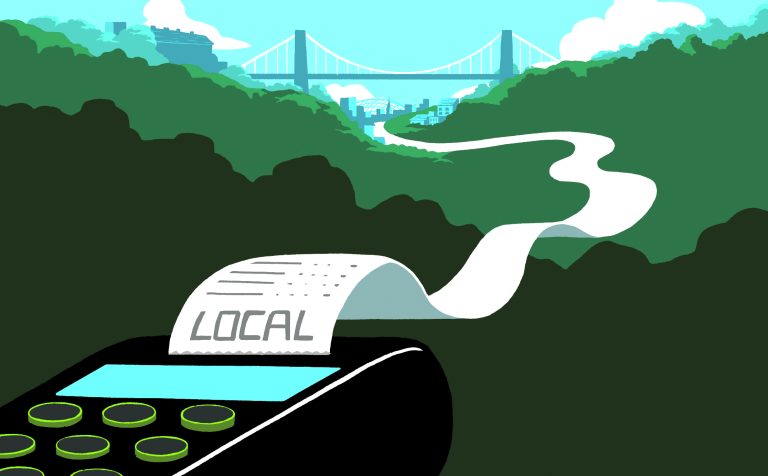
Illustration: andycartr
Diana Finch’s radio has a few dents in it. It’s the victim of her frustration when she hears politicians talking unchallenged on the airwaves about the need to maximise economic growth.
“When I was a kid I used to close my eyes and try to think of a colour I’d never seen before,” she says. “It’s impossible, right? It’s very difficult to imagine something you’ve never experienced before.
“And that’s kind of the problem we have thinking about money and value. It’s always about markets and employment and growth, but what about different ways of looking at the world?”
Not surprising from the managing director of the Bristol Pound.
The community currency, launched a decade ago, set out to challenge our current economic system, which Finch says “damages the environment, perpetuates inequality and suffocates high streets”.
Giving sterling a run for its money
The Bristol Pound quickly emerged as the standard-bearer of community currency in the UK. At its peak, one million Bristol Pounds were circulating in the city through hundreds of businesses every year.
The idea was to keep money in the local area, rather than it landing in the pockets of large multinational corporations, and encourage people to spend cash and run their businesses more sustainably.
The currency could be spent at participating businesses, or between businesses, in return for goods or services.
Members could use the Bristol Pound – in cash or online – on buses and trains, groceries, and to pay council tax.
What went wrong with the Bristol Pound? We were making it kind of exclusive by what we were asking of people.
Diana Finch
Despite its relative success, Bristol Pounds were removed from circulation in September 2021 after the Community Interest Company (CIC) failed to secure the funding it needed to survive. Finch is making herself redundant but will try to keep the vision alive, voluntarily.
She has now launched Bristol Pay, a payment platform that will build on the work and vision of the Bristol Pound, incorporating learnings from the company’s first experiment.
So what went wrong with the Bristol Pound?
“There were several things,” says Finch, who got involved with the CIC in 2018, and whose role was essentially to ‘save’ it. “But number one on my list was our tone of voice and our marketing.”
The team’s “rather strident communications” sometimes sounded judgemental, she says.
Only about 0.02% of Bristol’s population used the currency. And of its users, about 80% of them had a degree, and many of them were in management roles.
“We were making it kind of exclusive by what we were asking of people.”
She says the model also asked too much of the small, independent businesses who joined.
“We were saying, ‘please change your supply chains and train all your staff on all these ridiculous payment methods’… it was an administrative burden on them.”
‘An experiential journey’
“[Bristol Pay] is about taking people on an experiential journey, so they can see the impact they’re having. But we’ve got to capture people where they are, and that’s, you know, shopping in Tesco.”
The aim of the payment system would be to challenge existing payment providers – like PayPal – that extract money from the local economy through transaction charges.
“Those little, tiny transaction charges, in a city like Bristol, add up to something in the region of £60 million a year,” Finch tells me.
“But with Bristol Pay, the transaction charges that the businesses pay will directly fund voluntary sector services in the city – after school clubs, mental health support groups…”
“And this works not only for little indy businesses, but works for Tesco as it’s a chance for [chains] to evidence their social value.”
Members would also have a variety of ‘wallets’ on the Bristol Pay app, showing both the money they hold and the various token schemes they are able to sign up to.
“The tokens will count things that money doesn’t count – getting people to consider their ability to grow social and environmental capital.”
One example is a community token scheme that would recgonise acts of kindness: a friend might give a token to a friend who helped them in the garden, or to a neighbour for lending them their power drill.
Without funding, though, the platform can’t be built.
“We’re trying to keep the organisation going for at least another year, working voluntarily,” says Finch, who also wants to leave a legacy for the Bristol Pound.
She hosted the Way Out Economics conference in October, which brought together ‘new economy’ thinkers to discuss how to tackle challenges facing the economy.
“I failed to save the Bristol Pound,” she says, “but there’s plenty that needs doing in the world of alternative economics. We need to create a narrative and vision for this work, and get these ideas off the ground.”


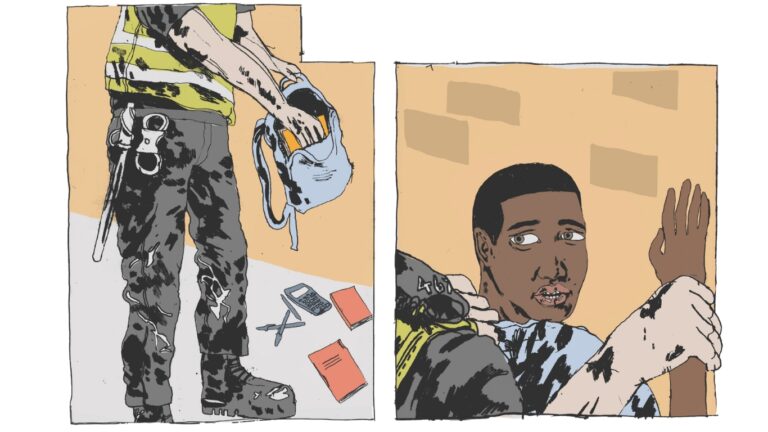
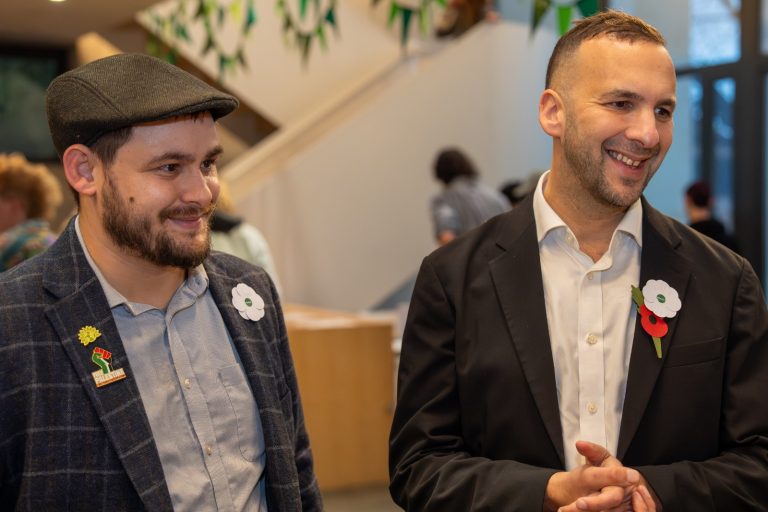

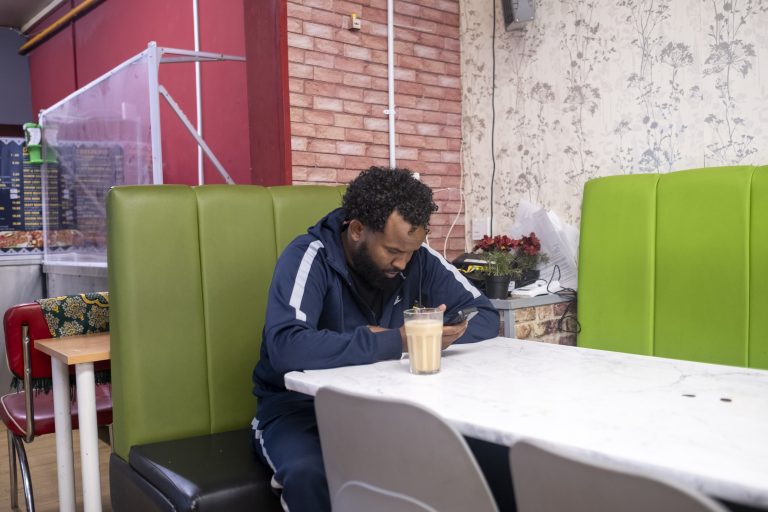
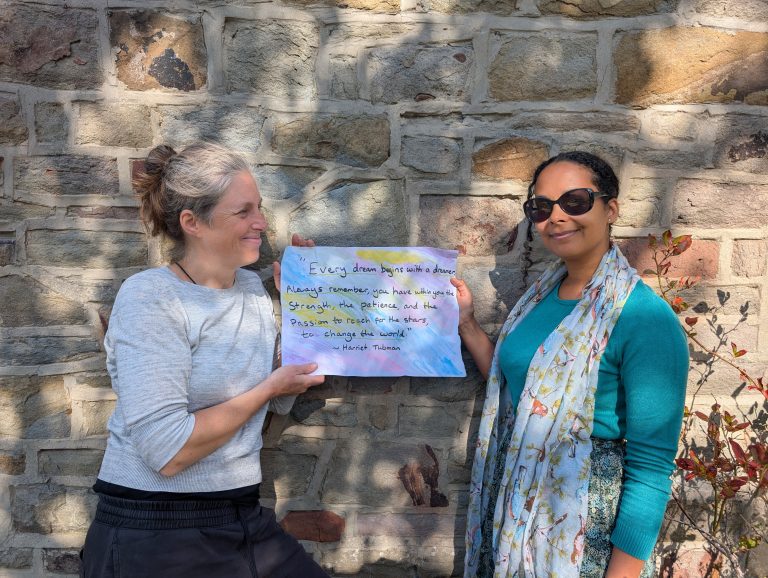

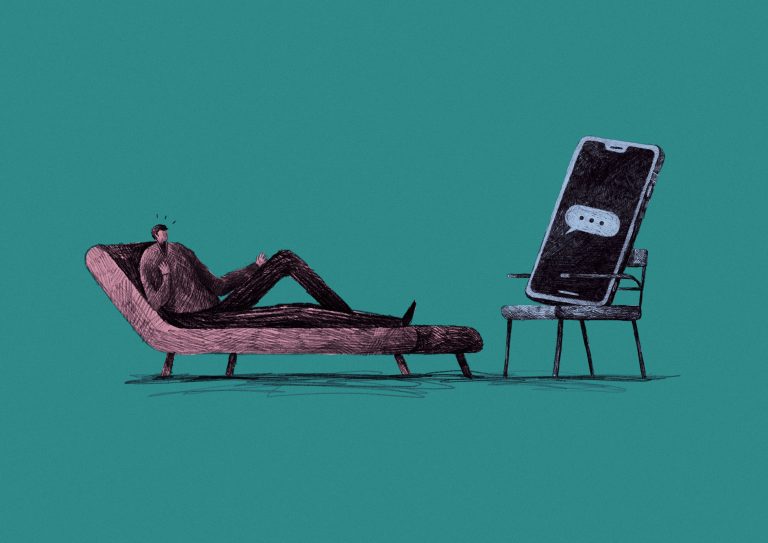
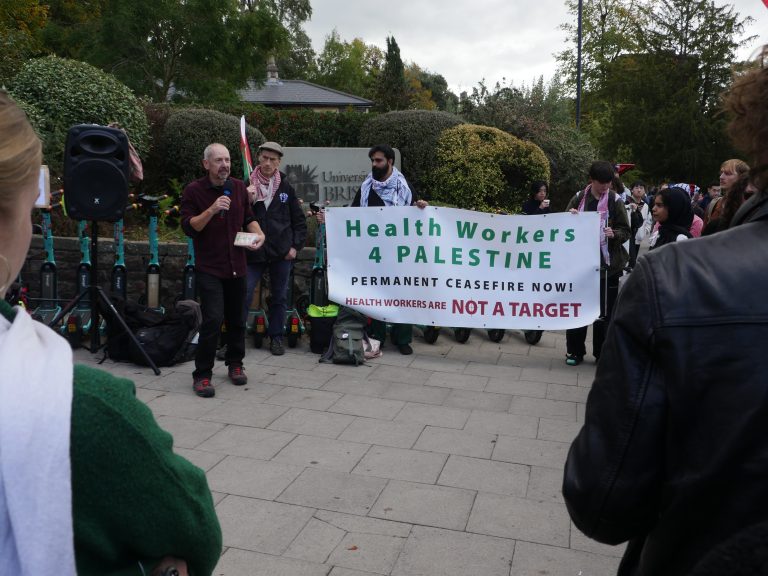
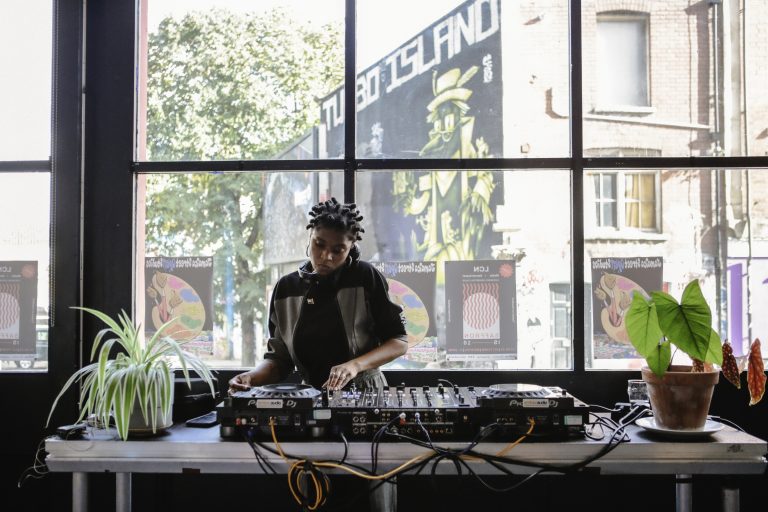


Report a comment. Comments are moderated according to our Comment Policy.
Excited to hear more about this when Finch makes progress.